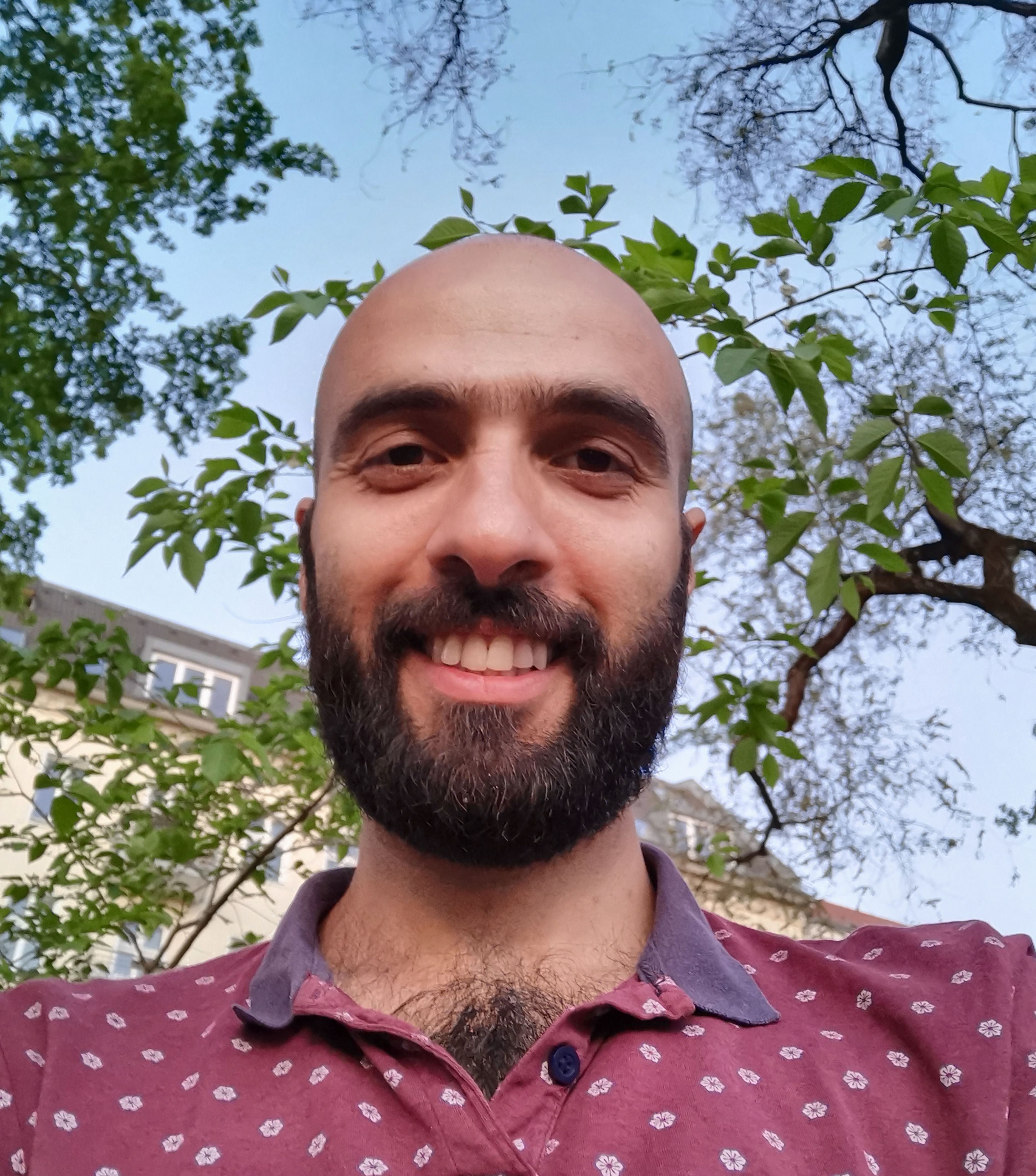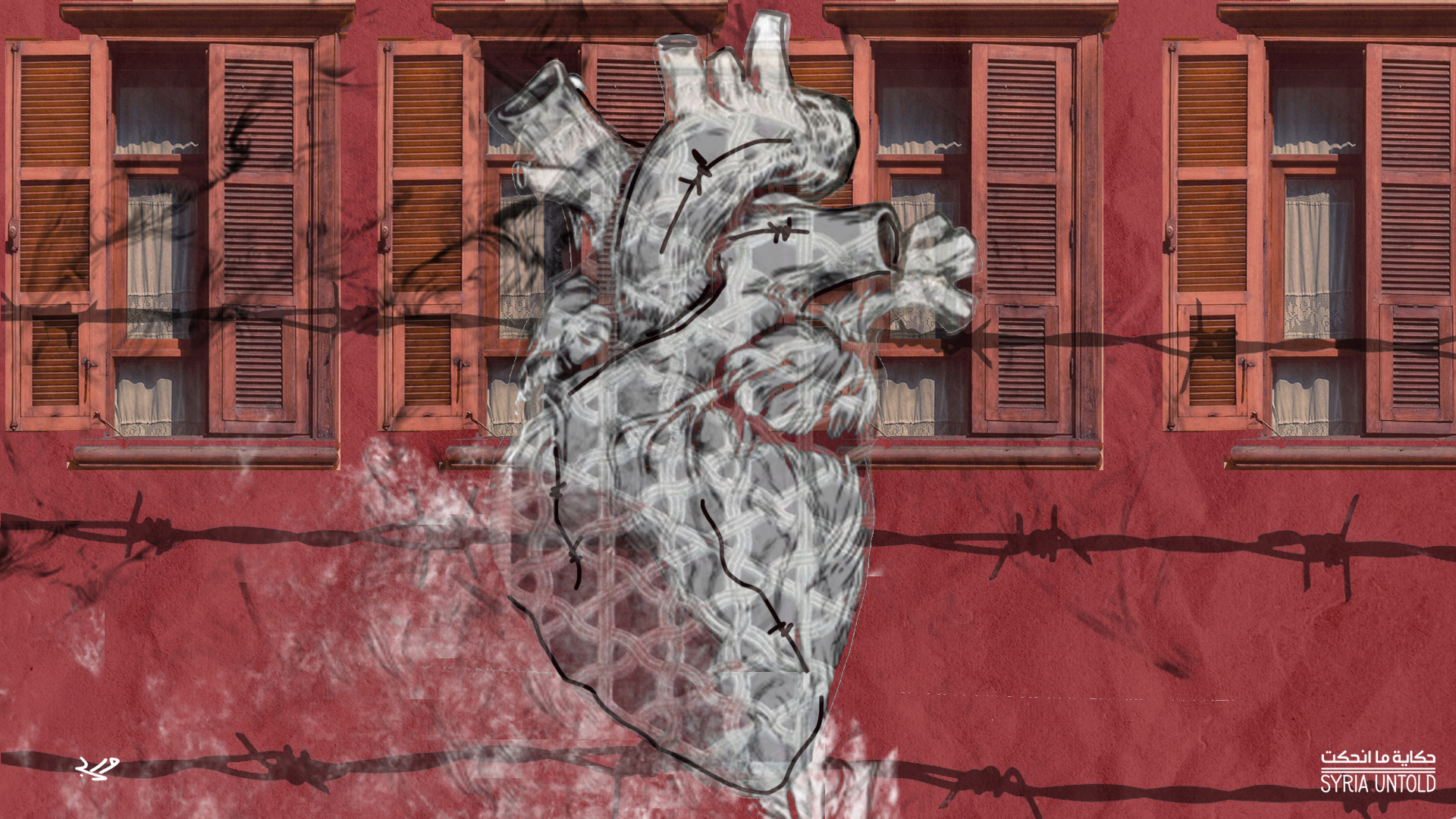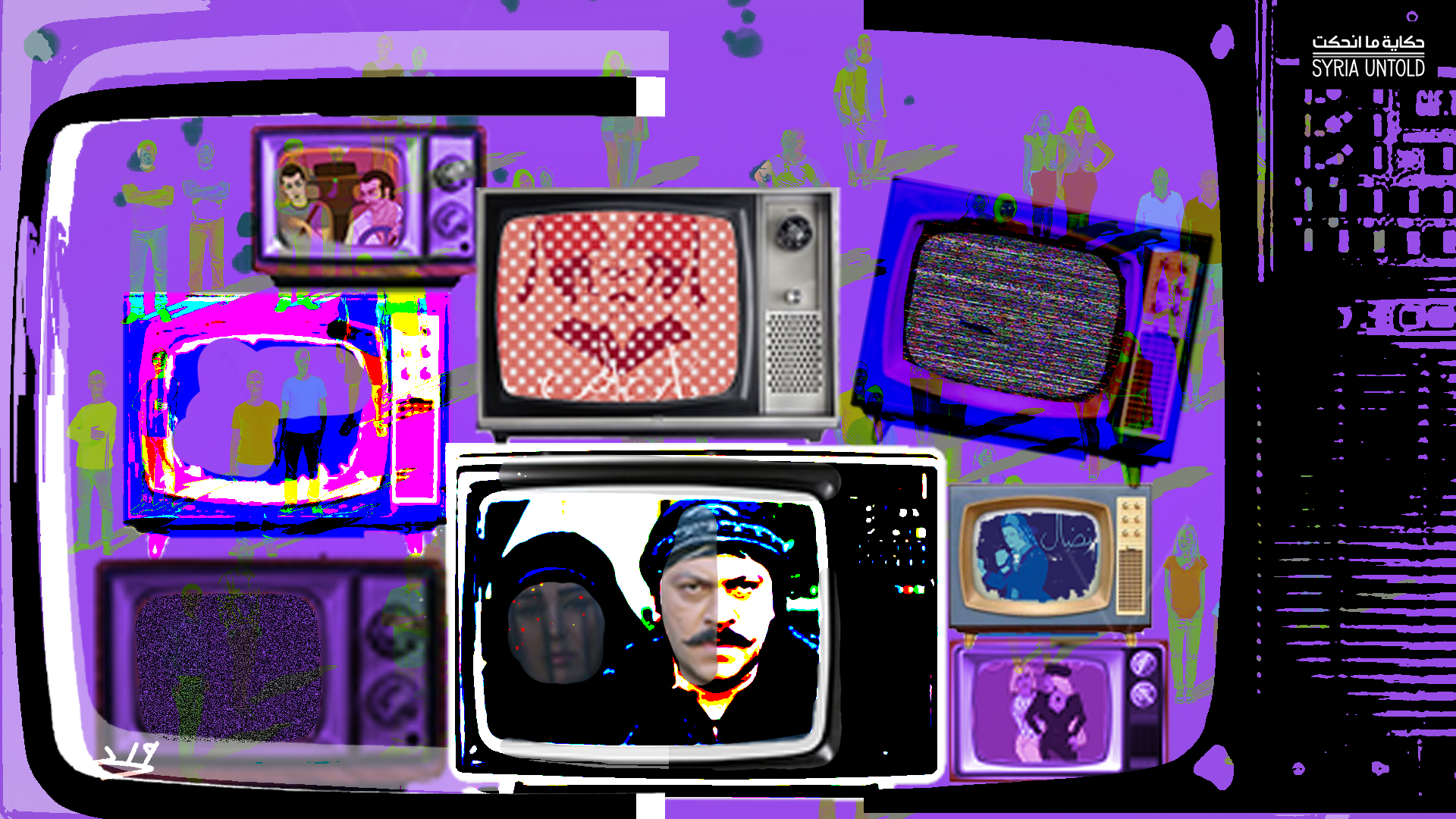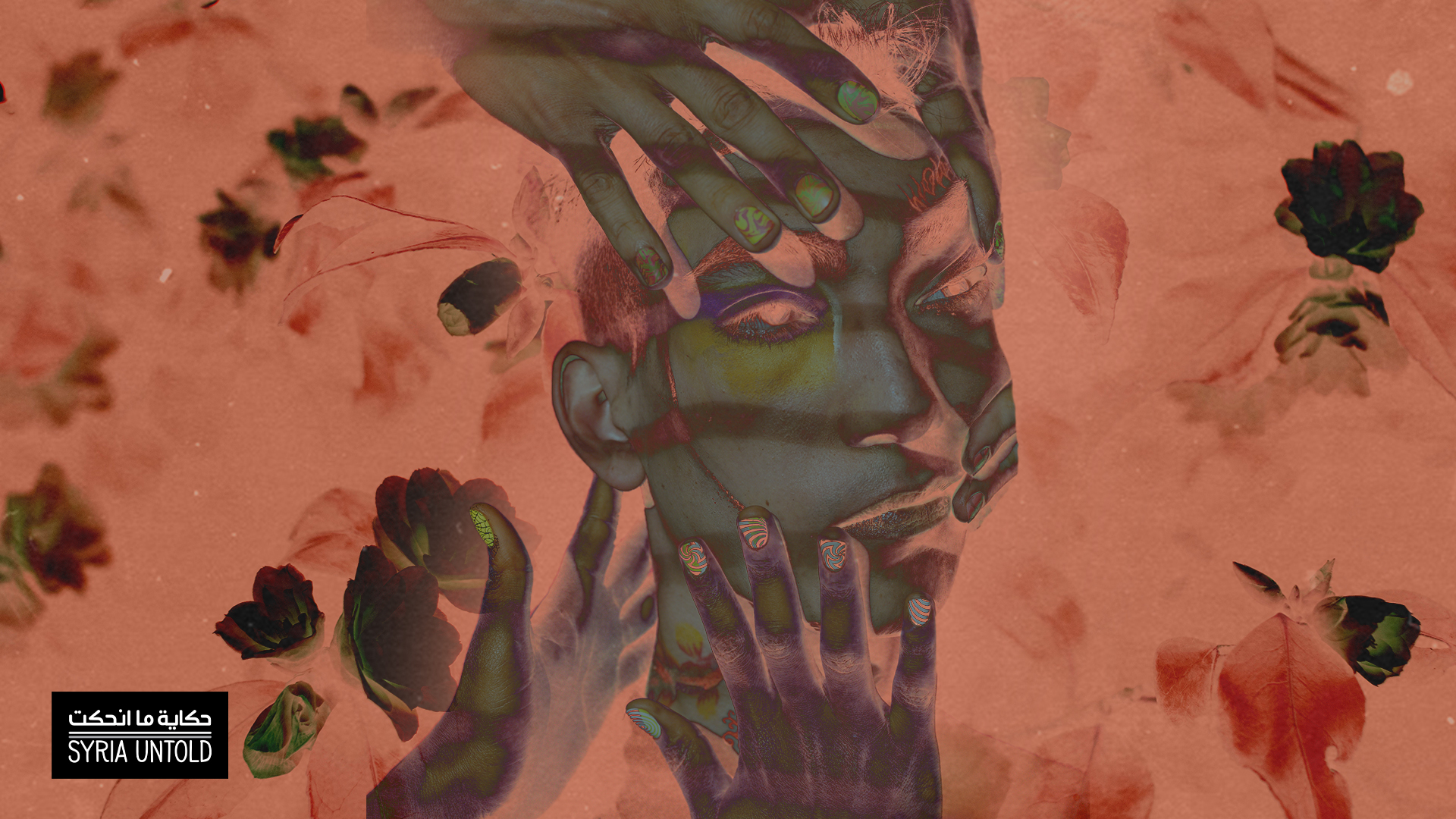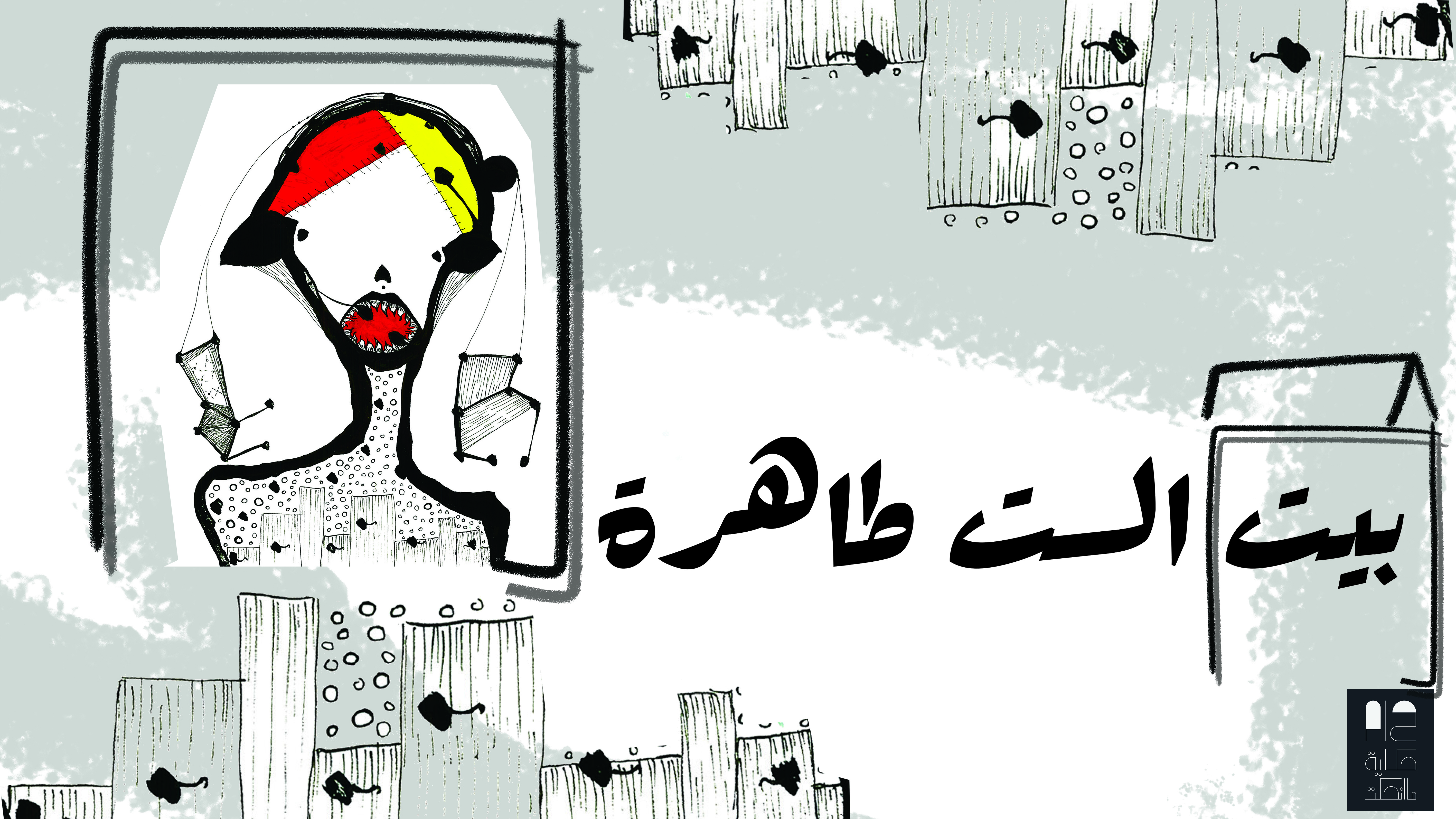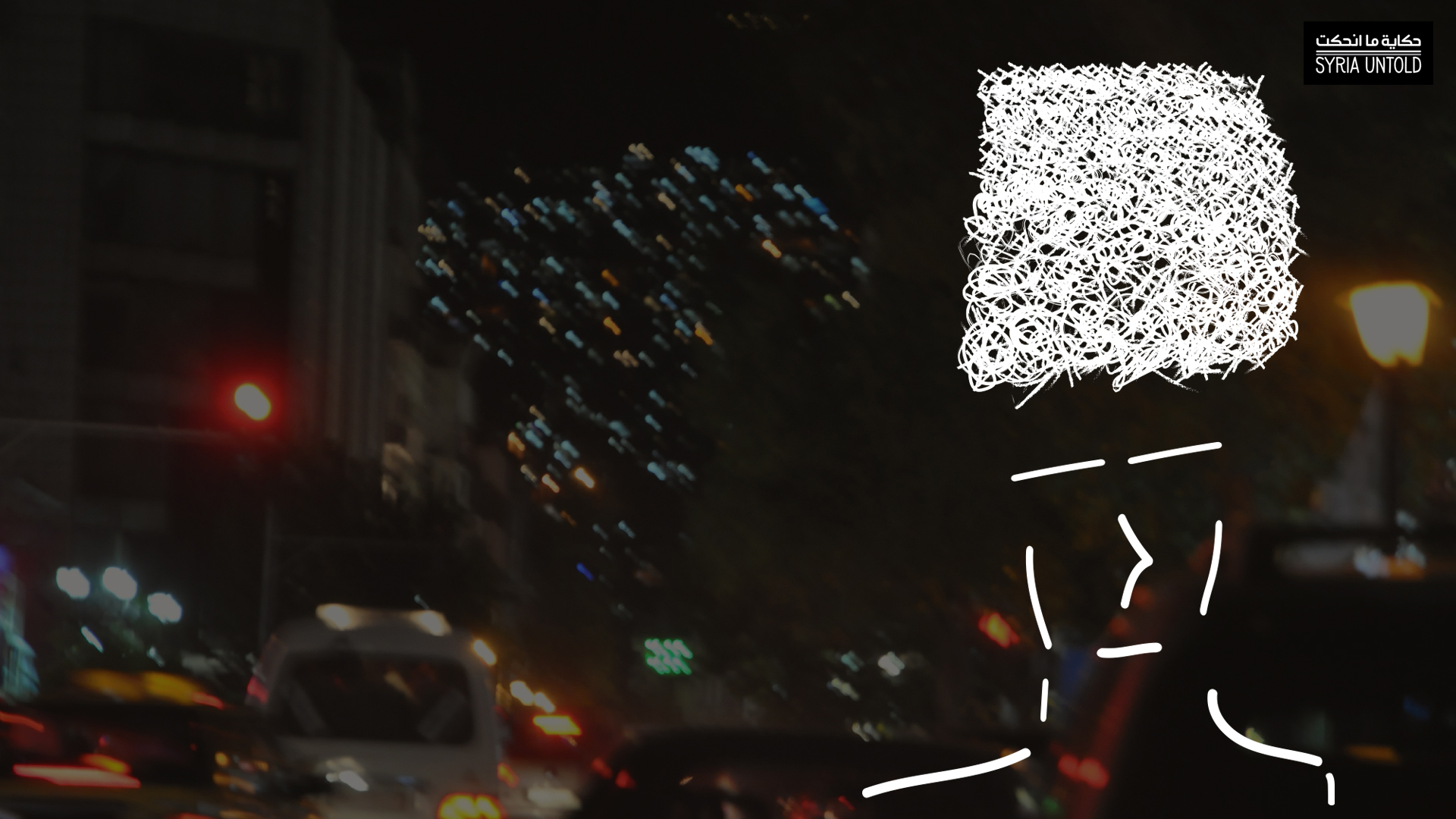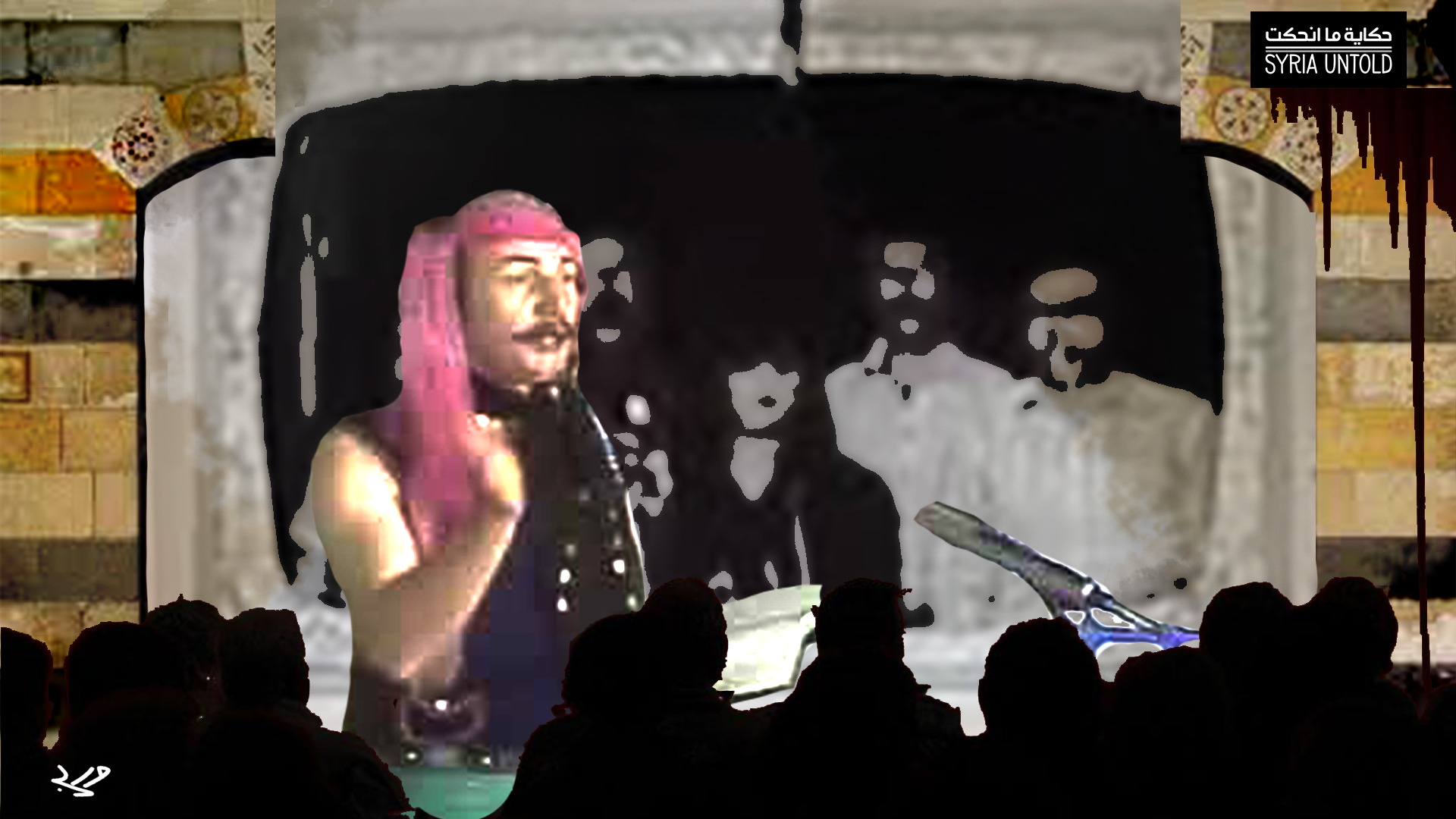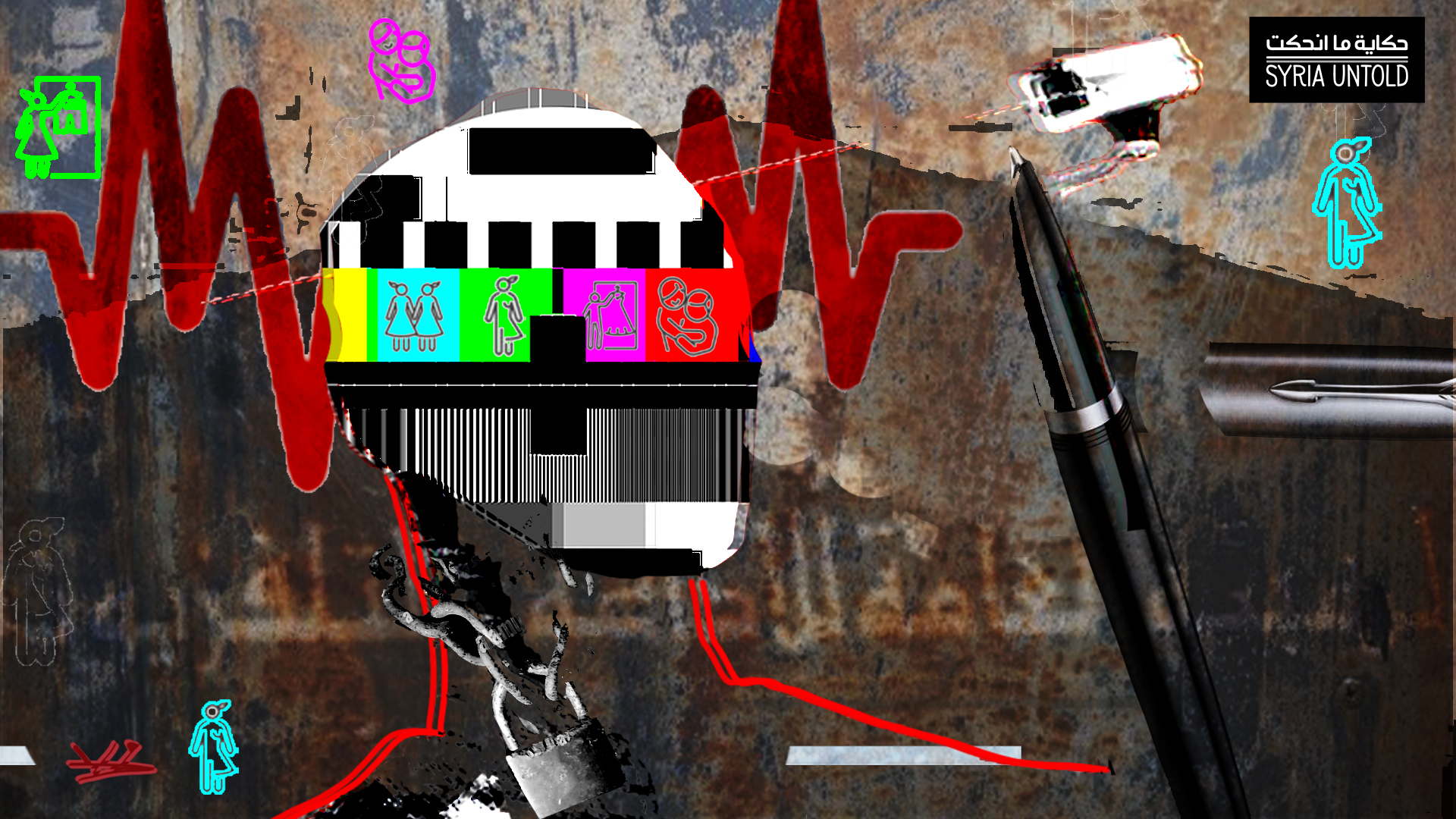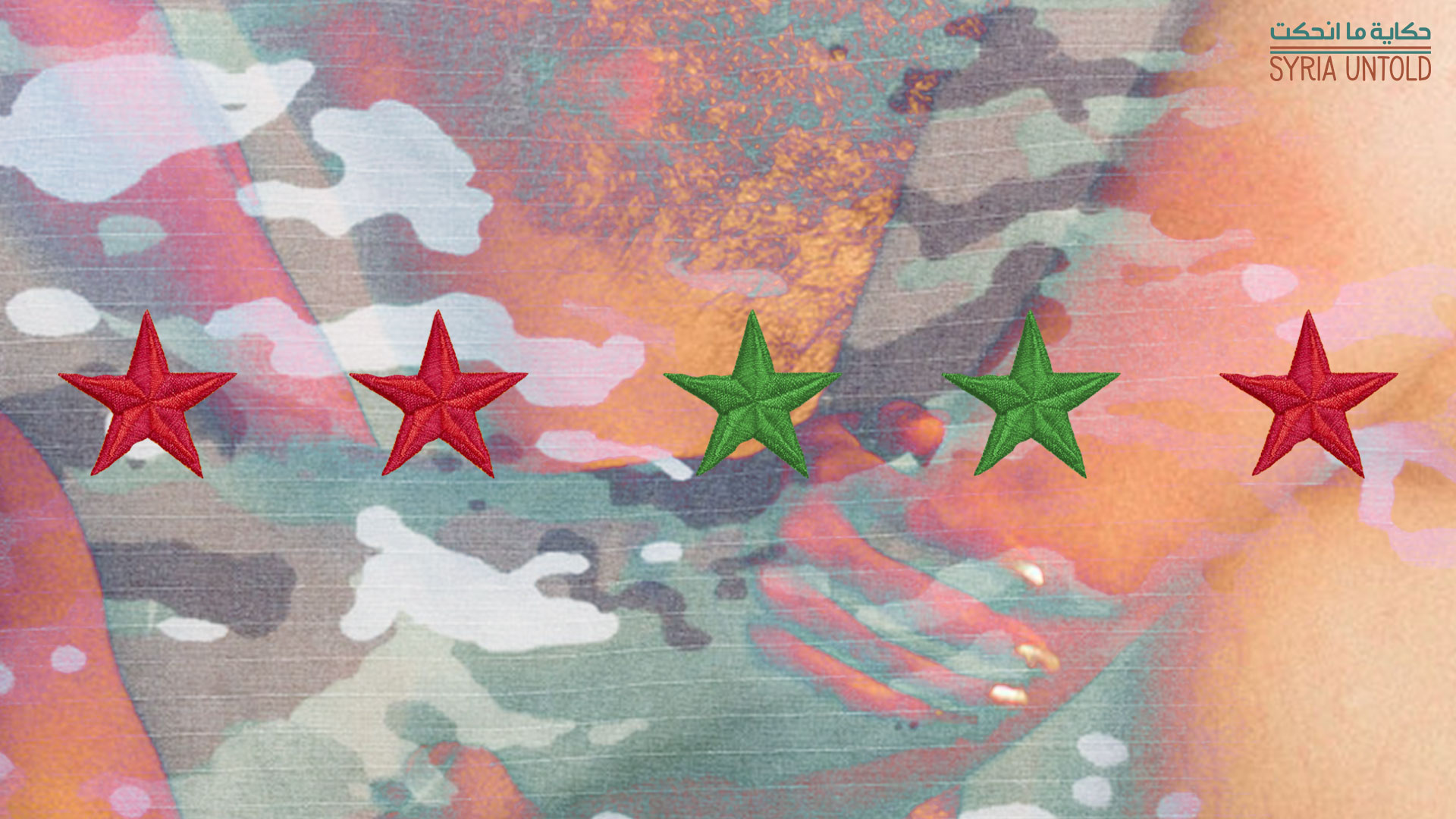At first glance, the article’s title may seem rather intriguing. Not only is the subject of “intersex” in the Middle East and North Africa (MENA) region rarely brought up, it almost never is. There is no political discourse that centers intersex people, meaning individuals who are born with sex characteristics that do not neatly conform to the normative standards sanctioned and imposed through religious, social, and scientific discourses. This observation is not intended as an accusation, for there are many reasons behind this absence. Although the acronym LGBTIQ+ is, in theory, inclusive of intersex persons, the challenges faced by LGBTIQ+ communities and organizations in the region are sufficient to make talking about any issue related to gender and sexuality extremely difficult. Furthermore, the rights, discourses, and representations of some groups within LGBTIQ+ communities are made stronger and more prevalent than those of others because of the way global human rights discourses and organizations operate in the region and the world, on the one hand, and the media “visibility and representation” paradigm with its universalizing tendencies, on the other. For example, there is no need to explain how and why homosexual men are more dominant and present in human rights discourses and platforms at the detriment of other groups, whose intersectional experiences of violence relegate them to the margins and leads to them having unequal access to resources.
Not only is the subject of “intersex” in the Middle East and North Africa (MENA) region rarely brought up, it almost never is. There is no political discourse that centers intersex people, meaning individuals who are born with sex characteristics that do not neatly conform to the normative standards sanctioned and imposed through religious, social, and scientific discourses.
In addition to these structural, social and political considerations, many individuals with morphologically “visible” intersex traits were the subject of interventions from medical professionals, social actors, and family members in MENA, which further hindered their ability to disclose their identity as they fear psychological and physical harm. Such risks are further aggravated by the absence of strong human rights mechanisms needed to protect minorities.
Some studies estimate the percentage of newborns with intersex characteristics at about 1.7%, while others give a percentage of 4% (1). This represents a large number of individuals in, for instance, Syria, Egypt, or Morocco. This encompasses a large number of lives, histories, and experiences that must be addressed as a case, a diagnosis, and a subject of social, religious, medical, and cultural intervention on the one hand, and a political identity with an emerging political rights’ discourse, on the other.
The absence of intersex issues from LGBTIQ+ agendas is all the more baffling since “khontha” ( خنثى) is the only one of the LGBTIQ+ identities to have a long history and presence in the MENA region or the Arab and Islamic world as a whole (2). The khontha has been present in religious texts, notably in regard to inheritance, medical discourse and interventions, and the legal and social status of an intersex person. Furthermore, the term “khontha” and its derivatives “moukhannath” (مخنث) and “khaneeth” (خنيث) appear for centuries in poetry, literary, and historical texts in Arabic. These terms did not necessarily always carry a negative connotation; they could be derogatory or simply descriptive. At the time, any attempt to explain or theorize the genesis of femininity in men or masculinity in women would inevitably fall onto the body. The material body was considered the reason behind all aspects of gender and sexuality. The body and the notion of “khontha” remain, to this day, the main frame of reference for political, legal, and social discourse aiming to understand and explain difference, be it sexual or based on gender.
Of Paint Strokes and Words Underlined
26 May 2023
Reimagining the queer characters of Syrian TV
19 August 2022
Islamic law has been clear and explicit on the subject of intersex for centuries now, whereas jurisprudence on issues of inheritance and marriage differ from one country to another. Although all countries in the region deal with intersex cases on a regular basis, many shy away from producing clear legalization on the subject. In 2021, Morocco passed a law recognizing “khontha” as a status and developing legislation to govern new intersex births (though Moroccan LGBTIQ+ organizations have reservations on the law). In Syria, the status of intersex individuals remains unregulated. The decision on the “sex” of the child is made by doctors, parents, and the relevant articles of the personal status law. Medical and surgical interventions are then made on the child according to what the parents want. We rarely ever hear about cases of adults requesting a change of the sex or gender assigned to them at birth on the grounds of their status as intersex. One of the first exceptions that got attention was in 2018 when a 37-year-old person was able to change his gender from female to male on the basis that his body changed without medical intervention or hormone injections.
It is therefore not surprising to see intersex issues gain some measure of representation in Syrian drama, albeit a small one. As I noted in the introduction I wrote for this issue on Queerness and transness on the Syrian cultural scene, Syrian series often represented LGBTIQ+ characters and discussed issues relevant to the community in the 2000s. In part I of this article, I explore intersex representation in episodes nineteen and twenty of the series Sirat Al Hob (the Story of Love), which aired in 2007. Yazan Atassi and Lubna Haddad wrote the script and dialogue, while Ammar Radwan directed the series.
Sirat Al Hob
Episodes nineteen and twenty revolve around the character of Lulua, a Syrian feminist bank employee residing in Damascus. The episode begins with an immersion in the reality of women in Syria and the daily and structural forms of discrimination they suffer from, be it disparaging comments on women’s driving, not being promoted because they are married, harassment, comments on their makeup, or a woman’s fiance outright telling her that “the nature of her femininity imposes home duties on her,” among other statements. When faced with this, Lulua’s comments and reactions are feminist in nature. Her analysis of what is done to her betrays a feminist awareness that goes beyond a natural response to discrimination. It is a clear attempt to present a critical feminist analysis which aims to denounce patriarchy and the oppressive gender roles imposed on women in Syrian society.
One day, while Lulua is in a heated argument with her fiancé at a restaurant, Lulu faints and falls. She wakes up in hospital to a diagnosis that would shock everyone, a tumor was found in her lower abdomen and it was confirmed to be an “atrophied” male organ. Lulua is intersex! Of course, the script did not specifically mention terms such as “intersex” or “atrophied male organ”. In a way, it could be said that the writers relied in their representation on commonly held ideas of what intersexuality means. In mainstream social and cultural imaginaries, an intersex person is one that has fully functioning sexual and reproductive organs, both female and male. The person is capable of reproduction as a man or a woman and can thus decide freely to be one gender or the other in full conformity to normative social standards.
To represent the experience of being intersex in this manner ignores the suffering such persons endure in their daily life and their difficult encounters with the medical sector. It reduces Lulua’s experience with intersexuality to simply having a medical condition that allows a sudden change of sex/gender. As such, the representation of Lulua’s intersexuality here can be considered a rhetorical device, a metaphor rather than a “real” intersex case. Through Lulua, the writers try to highlight and represent the ways in which Syrians struggle with the imposed gender binary and its roles. Lulua’s intersex condition is thus the writers’ commentary on gender and how it governs every aspect of life in Syria.
Intersex representation between revolutionary feminist discourse and social compromise
In hindsight, and if we base our opinion on contemporary medical, legal, and human rights’ discourse in different parts of the world, it would be easy to say that intersex representation in these two episodes is, to put it mildly, problematic and often misses the mark. We must, however, remind ourselves that these episodes were written, filmed and aired at a different moment in time, one in which social and political realities were radically different. It would be more productive to contextualize Lulua’s storyline in a time and place that restricted the authors’ creativity in challenging social norms to what would be palatable to both the target audience and the censor. It is a text that constantly balances, on the one hand, a strong feminist discourse regarding bodily autonomy, intersex rights, and the impact of gender roles on the life of Syrian women, and on the other, the need to accommodate dominant social norms.
It would be more productive to contextualize Lulua’s storyline in a time and place that restricted the authors’ creativity in challenging social norms to what would be palatable to both the target audience and the censor. It is a text that constantly balances, on the one hand, a strong feminist discourse regarding bodily autonomy, intersex rights, and the impact of gender roles on the life of Syrian women, and on the other, the need to accommodate dominant social norms.
It is true that intersex representation in these episodes was metaphorical. It is also true that aspects of their representation of, and discourse around, intersex issues would not be considered critical enough in our current context. They do, however, present the audience with scenes that go against stereotypes on a number of issues, offering novel queer feminist approaches to these issues in ways that remain revolutionary to the present day in the Syrian context.
Abed (Lulua's fiancé): So… (have you decided to become ) a boy or (remain as) a girl? Surely a girl, right?
Lulua: Why “surely” a girl?
Abed: Because you’ve always been a girl. Besides, we’re engaged and we’re going to get married. Don’t tell me you forgot about that...
Lulua: No. No I didn’t forget but this is my decision and I have to take responsibility for it. Honestly, I don't want to make a decision I will regret all my life. I don't want to choose to be a girl and regret it. I don’t want to become a guy and regret it either.
Abed: Exactly, that’s why I’m telling you to remain as a girl.
Lulua: Seriously? You’re giving me orders now?
Abed: Are you out of your mind?
Lulua: No, I am not. Am I crazy just because I want to make a decision that concerns me and my body? Or is it because that threatens your masculinity?
(Sirat Al Hob - Episode 19)
With this scene, the writers introduce the audience to the possibility of “free choice” in the context of gender and sexuality. Lulua is not a trans person transitioning nor does she want to transition from female to male for psychological reasons (her case is represented as medical/physiological). And yet there’s great emphasis on the idea that this should be her personal choice, that she needs to think it through before making a decision. When the doctor informs Lulua that what she has is not just a lump or a tumor, but an atrophied male organ, he tells her: “I have no right to intervene without your consent or against your will. Take your time, this is a very sensitive and delicate issue. Don’t rush into a decision. Once your mind is set, I am here to support any decision you make. You remaining a woman or becoming a man is not a decision that I should influence, nor should anyone else.” In addition to this, the doctor talks about hormonal gender affirming treatment on national television, which was not only exceptional for the time, but it also privileges personal freedom and choice, even if a medical diagnosis is represented as a prerequisite for such a freedom. Far from being a representation of the reality of medical practice in Syria, this scene can only be understood as a proposed ideal practice. It is a utopic prospect that enables a new queer potentiality, one we hope and work for. It is a potentiality and potentiality is also a form of reality.
When the doctor informs Lulua that what she has is not just a lump or a tumor, but an atrophied male organ, he tells her: “I have no right to intervene without your consent or against your will. Take your time, this is a very sensitive and delicate issue. Don’t rush into a decision. Once your mind is set, I am here to support any decision you make. You remaining a woman or becoming a man is not a decision that I should influence, nor should anyone else.”
In the second episode, we find Lulua who has chosen to become a man, adopting the name Lou’ay. The authors present us here with a poignant representation of gender construction in Syria and how a man’s masculinity is built and reinforced, especially by other men. Here, men appear like a homogenous group. They take it upon themselves to bring Lou’ay into the fold of masculinity, its secrets, requisites, how things work, the time invested in nurturing it, the codes that should never be broken, and the pressure men like Lou’ay feel to embody and represent masculinity in its oppressive societal form. We see Lou’ay rapidly engaging in the same manifestations of masculinity that he so often revolted against before transitioning, thus becoming the man he once hated. Despite this lurid exposé of the machinations of gender, the writers succeed, even if implicitly, to address the pronouns question and correct gendering, which at the time was rarely, if ever, addressed in cultural, rights-based, and political discourses, be it in Syria or elsewhere.
At first glance, the question of pronouns seems rather marginal, but the writers manage to subtly yet effectively bring it to the front. From the beginning of the second episode, we find Lou’ay frustrated that his friend Judy still misgenders him. “You should be used to it by now,” he eventually snaps back. Throughout the episodes, we see his friend making the same mistake and correcting herself, over and over again. Lou’ay’s friend provides here a good example of how to deal with the change of pronouns. She shows us that it is important to respect one’s pronouns, and that mistakes should be corrected without causing a meltdown or sombering into self-victimization, as if we were the victims of the person changing their pronouns. Though the episode gives an ideal approach to the question of changing pronouns, it also portrays ways in which pronouns are transphobically employed to insult and degrade, such as the case of Lou’ay’s work colleague. Motivated by blind jealousy and hatred, the latter continues to use feminine pronouns with Lou’ay as a way to humiliate and demean him. Eventually, Lou’ay loses his temper and attacks his colleague. Other colleagues intervene to stop the situation from escalating further. To see an intersex/trans person resort to violence is also a representation of the anger and frustration of an oppressed group that is rarely seen on national television. It provides a powerful image of the importance of correct pronouns for intersex and trans people.
At first glance, the question of pronouns seems rather marginal, but the writers manage to subtly yet effectively bring it to the front. From the beginning of the second episode, we find Lou’ay frustrated that his friend Judy still misgenders him.
The ending of the second episode is, perhaps, the biggest letdown to the queer feminist discourse that I have been presenting so far of the storyline. Truth be told, I felt rather disappointed myself. The episode ends with a flashback to the scene where Lulua is sitting with her fiancé in the restaurant and having a heated argument, in which is calling him out for constantly criticizing what he perceives as lack of femininity in her, namely not wearing enough make-up and styling her hair more femininely. We realize that all that we have seen over the past two episodes, from her intersex diagnosis to her transition, was just Lulua daydreaming. Lulua snaps back to reality and turns to her fiancé who is still talking. She lets her hair down and applies some more lipstick to highlight her femininity, as her fiancé told her to do.
A queer refugee in Neukölln
08 April 2022
Chez the Maidenly Madam. A contemporary queer theatre play
20 June 2023
This ending gives us a Lulua that has submitted to her fiancé and the dictates of the patriarchal society she lives in. No matter the angle we choose to analyze this ending, it seems rather evident that it was conceived in a way that would be palatable to the general audience. Having spent the entirety of the two episodes criticizing men and their sexist discourse, giving a positive representation of intersex and trans issues, and portraying Lulua as a strong feminist woman, the writers felt the need to tone down the confrontation and present the audience with a world that it can still recognize and feel safe in. However, it is my conviction that another reading is possible. From the first scene of the first episode, we see Lulua explicitly stating that she wants to become an ideal man to prove that it is possible to be a man who believes in equality and treats women with respect and dignity. Unfortunately, as soon as the transition begins, Lou’ay finds himself slipping into toxic masculinity and becoming the man Lulua always hated. He fell in love with his best friend, asked for her hand in marriage only to turn around and betray her. When Lulua wakes up from her dream, we as the audience can easily see her fear of becoming such a man. She would rather remain a woman than become just another sexist man. We see her attempt some form of compromising with the normative femininity that is being forced upon her rather than try to be the man she feared and hated.
Needless to say, even my generous reading does not justify the chosen over-simplification of transmasculinity and intersex issues, which falls back on a watered down, stereotypical narrative that claims that transmen will inevitably fall into a toxic masculinity and bask in the privileges reserved to men, thus minimizing and erasing the vast diversity in the life trajectories and lived experiences of transmen in Syria and the MENA region. If my alternative reading of the ending holds any water, it does so only on the basis that Luaua’s story is not conceived as a representation of a real intersex or trans experience, but rather as a rhetorical exercise conceived to explore a number of delicate issues, including gender, sexuality, the body, freedom of choice, transitioning, feminism, repressive laws, medical discourses, and pronouns. It allowed the authors to address these issues in the Syrian context in bold and novel ways that preceded the global development of social and political LGBTIQ+ discourses that we are witnessing nowadays.
(1) Estimates do vary, the following study lists research efforts which attempted to estimate the percentage of intersex people in any population: https://journals.sagepub.com/doi/10.1177/2158244017745577
(2) Khontha is the common term used in medical, religious, and social discourses to describe “intersex” cases. It comes from classical Arabic and has been used to describe “intersex” in plants, animals, and humans for centuries.


